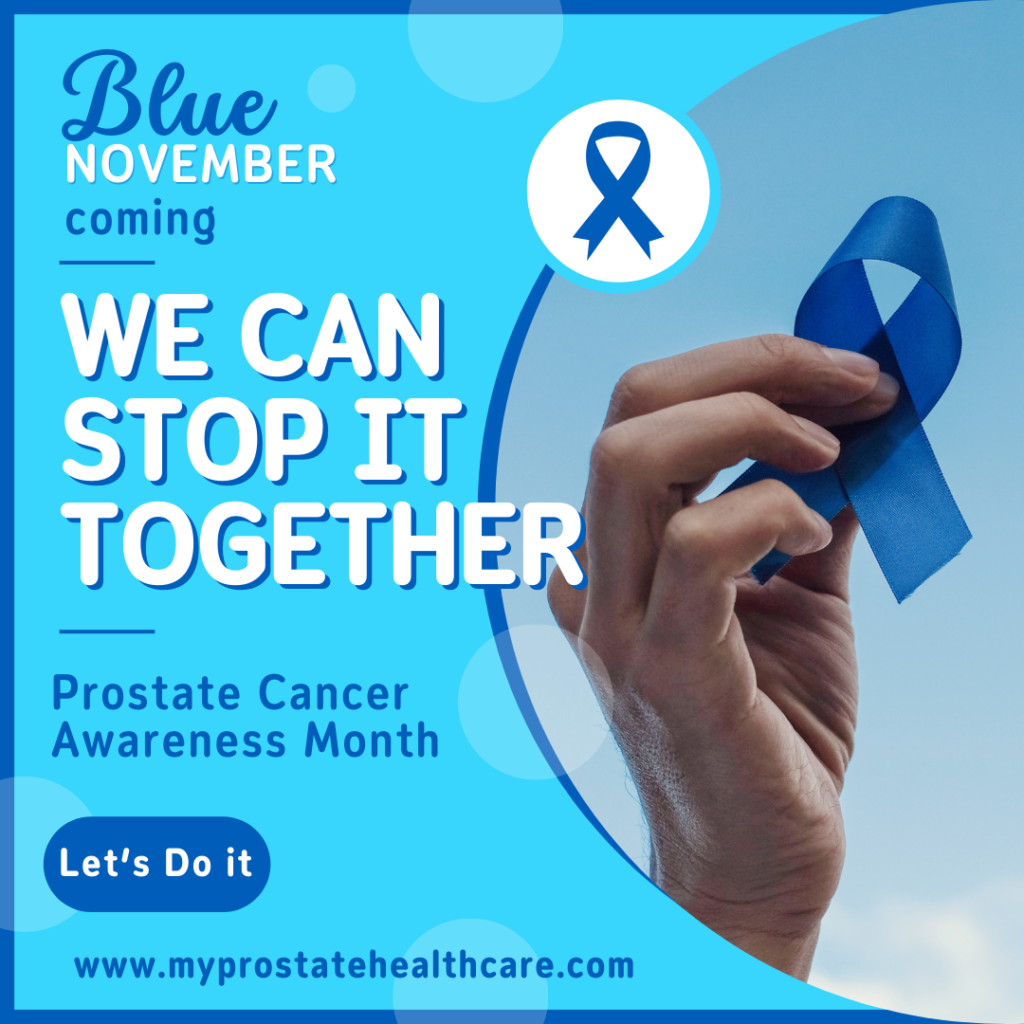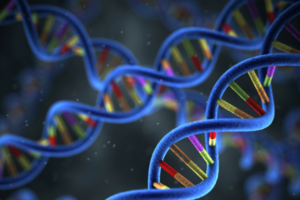Prostate health is a topic surrounded by many misconceptions and myths. These myths can lead to misunderstandings, unnecessary fears, or neglect of essential health practices. This article aims to debunk common myths about prostate health and provide accurate information based on scientific evidence.
Myth 1: Prostate Cancer Only Affects Older Men
Reality: While prostate cancer is more common in older men, it can affect younger men as well. The risk increases with age, particularly after 50, but it is not exclusive to the elderly. Men with a family history of prostate cancer or those of African descent are at higher risk and may develop the disease earlier.
Myth 2: Frequent Urination is Always a Sign of Prostate Cancer
Reality: Frequent urination is a common symptom of various prostate issues, including benign prostatic hyperplasia (BPH) and prostatitis, not just prostate cancer. It can also be caused by other conditions such as urinary tract infections or diabetes. While it is a symptom to be aware of, it does not automatically indicate cancer.
Myth 3: If You Don’t Have Symptoms, You Don’t Have Prostate Problems
Reality: Prostate cancer and other prostate conditions can be asymptomatic, especially in their early stages. Regular screening, such as prostate-specific antigen (PSA) tests and digital rectal exams (DRE), are essential for early detection, even in the absence of symptoms.
Myth 4: Elevated PSA Levels Always Mean Prostate Cancer
Reality: Elevated PSA levels can indicate prostate cancer, but they can also result from other conditions like BPH, prostatitis, or even recent ejaculation or physical activity. A high PSA level warrants further investigation, but it is not a definitive diagnosis of cancer.
Myth 5: Prostate Problems Are Inevitable with Age
Reality: While the risk of prostate issues increases with age, they are not inevitable. Maintaining a healthy lifestyle, including a balanced diet, regular exercise, and routine check-ups, can significantly reduce the risk of developing prostate problems.
Myth 6: Prostate Cancer Always Requires Immediate Treatment
Reality: Not all prostate cancers are aggressive. Some are slow-growing and may not pose a significant threat during a man’s lifetime. Active surveillance or watchful waiting can be appropriate for some men, especially if the cancer is detected early and is not causing symptoms.
Myth 7: Sexual Activity Increases the Risk of Prostate Cancer
Reality: There is no scientific evidence to support the idea that sexual activity increases the risk of prostate cancer. In fact, some studies suggest that regular ejaculation might reduce the risk of prostate cancer by flushing out potential carcinogens.
Myth 8: All Prostate Treatments Cause Impotence
Reality: While some treatments for prostate issues, including surgery and radiation, can affect sexual function, not all treatments result in impotence. The impact on sexual function varies depending on the treatment type, the extent of the disease, and individual factors. Advances in medical techniques have improved the outcomes and reduced the side effects of many prostate treatments.
Conclusion
Understanding the facts about prostate health is crucial for making informed decisions and managing potential risks. Debunking these common myths can help men take proactive steps towards maintaining their prostate health and seeking appropriate medical advice when needed. Regular check-ups, a healthy lifestyle, and staying informed are key components of prostate health.
References
- American Cancer Society. (2021). Prostate Cancer Early Detection. Retrieved from American Cancer Society.
- National Institute of Diabetes and Digestive and Kidney Diseases. (2014). Prostate Enlargement (Benign Prostatic Hyperplasia). Retrieved from NIDDK.
- Centers for Disease Control and Prevention. (2020). What Are the Risk Factors for Prostate Cancer? Retrieved from CDC.
- Mayo Clinic. (2020). Prostate Cancer. Retrieved from Mayo Clinic.
- Harvard Medical School. (2019). Prostate cancer myths, debunked. Retrieved from Harvard Health.









